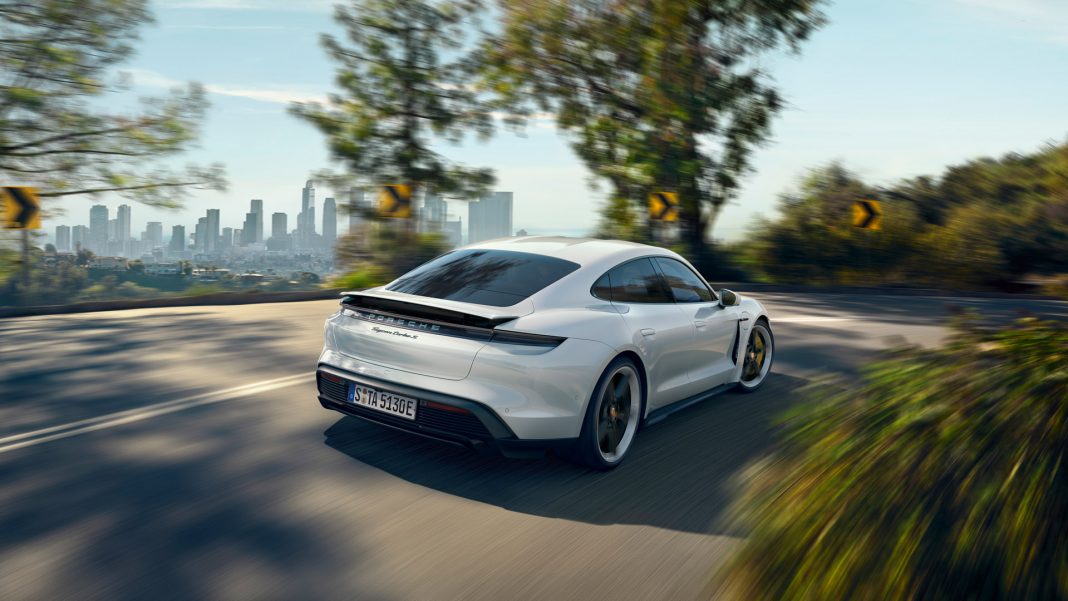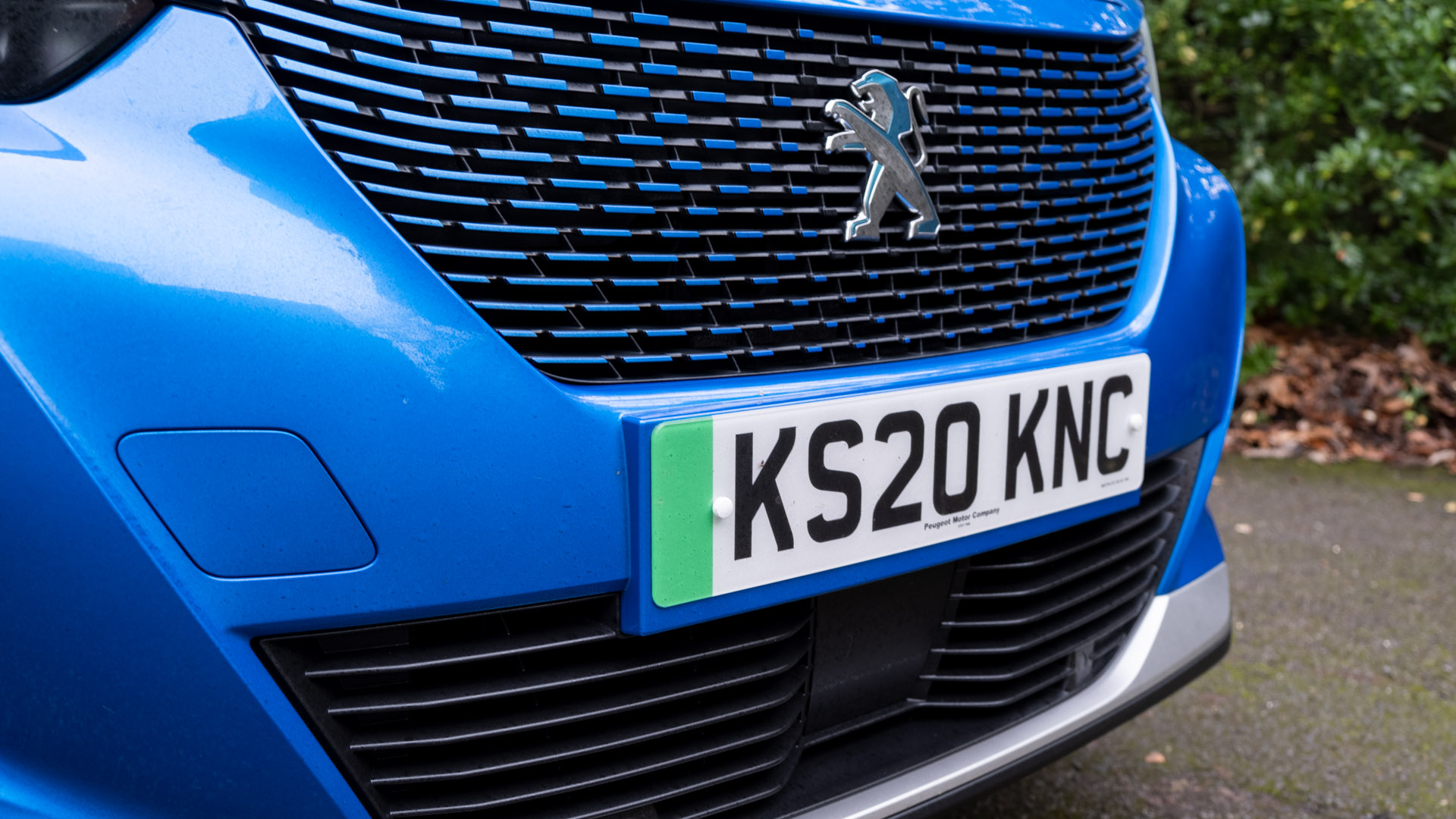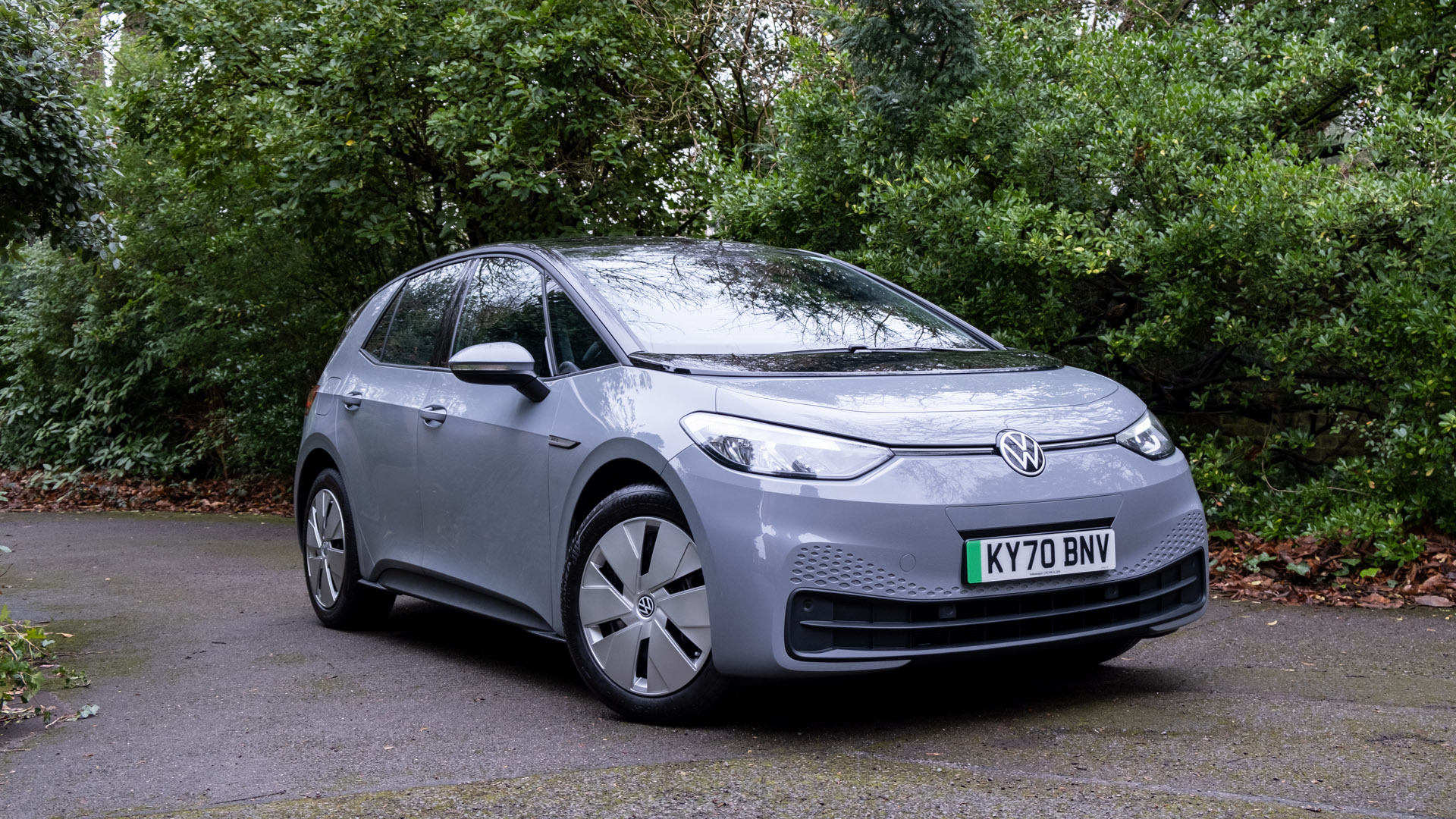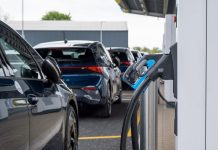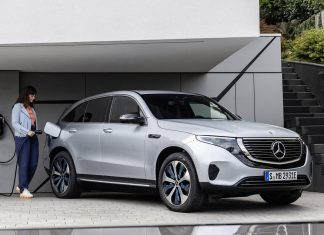The pandemic has changed life as we know it in numerous aspects, especially when it comes to our shopping habits. Even more so, the restrictions are a real challenge when personal goods come into question – such as purchasing a new car. Buying a vehicle is a long term investment, and it usually involves specific stages, such as research, showroom browsing, and test rides before the acquisition take place. So how can we adapt our habits to the present times to meet our needs?
You can still purchase a new car remotely from click and collect dealers or home delivery services. Before jumping the gun, it’s worth considering a few aspects before purchasing a vehicle. TotallyEV reached out to Porsche experts, Design 911, to get their top five tips.
Read next: Vauxhall Corsa-e review: An electrified classic
What are my key requirements?
Know what you want, and do your research before reaching out for the wallet. To make sure you buy the car that fits your lifestyle, you have to first decide upon your essential requirements. For instance, if you want a spacious car for the whole family, you need to be willing to give in on fuel efficiency. Or, if you are looking for a luxury vehicle, you need to think ahead if you have a safe parking spot for it to prevent theft or be willing to spend extra money on security features, such as advanced locking.
Do I want to consider an eco-friendly car?
There are plenty of options for car buyers nowadays from the most stylish to the most efficient, and with the increased awareness towards climate change, a lot of drivers are now opting for eco-friendly cars. Indeed, electric cars are becoming more popular because they run on electricity instead of environmentally harmful fuel, like petrol and diesel.
However, there are advantages and downsides to having a ‘green car’ as well. You will have a positive contribution to both human health and the environment around you, but do remember that if you live in flats, it’s not as easy to charge overnight as opposed to if you have a house with a garage.
Buy a car phone mount on Amazon (Affiliate)
What type of fuel would best suit my car?
Back in the days, drivers would first decide on the type of fuel and then consider the car that’s right for them, nowadays, however, driver choices are less restrictive. We now have available fuel with low impact on the environment which also can fit your budget, driving habits, and lifestyle. Other aspects that you must consider involve fuel economy, the cost, taxes, and the car’s average lifespan. Especially if you are going for a hybrid car, it is necessary to take notes on the car’s battery cell duration, replacement costs, and enquire within the car company you are buying from on the battery leasing scheme they have in place to anticipate these issues in the future.
Read next: Kia e-Niro review: The best all-electric SUV?
Do I need it for long or short drives?
Heated oil, shields the engine from corrosion and prevents putting pressure on the car’s components whilst driving. Here, engines are designed for rapid oil warming, so short journeys with lots of stop-and-start driving are no longer a threat for your engine. Instead, drivers who search for a short journey car can now opt for an engine that can build up oil pressure quickly. Conversely, if you plan on using your new car mainly for long trips, an engine with a bigger capacity should give you the extra power you need for safer acceleration.
Read next: Tesla refreshes the Model S and Model X: New 520-mile range
When is the best time to buy a new car?
While you can buy a new car with the current restrictions in place, take into account the option of doing thorough research for now and wait for the perfect timing. This could also reveal what is the best time for getting a good deal on your investment.
Car dealers usually have targets to meet, and they are scheduled on a quarterly basis. For this reason, it would be wise to aim for March, June, September, and December as the most cost-efficient months to buy a new car.

